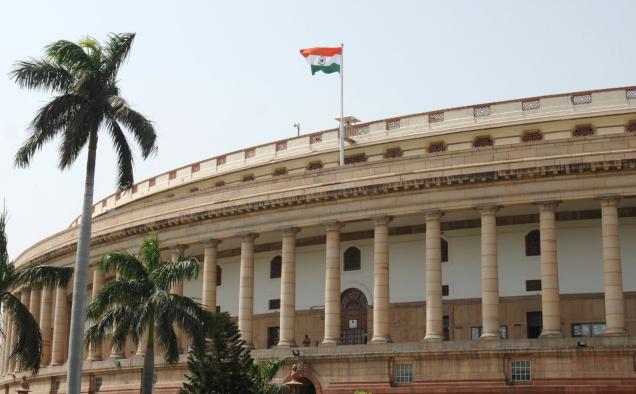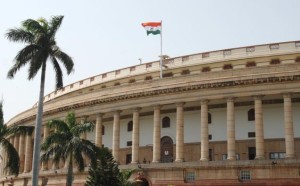On July 24, 2017, Rajya Sabha passed Footwear Design and Development Institute (FDDI) Bill, 2017 and The Admiralty (Jurisdiction and Settlement of Maritime Claims), 2017. Both the bills were passed by voice vote.
Key Provisions of Footwear Design and Development Institute (FDDI) Bill, 2017:
The Footwear Design and Development Institute Bill, 2017 provides for establishing and declaring the Footwear Design and Development Institute as an institute of national importance for promotion and development of quality and excellence in education in this area. The bill had been passed by the Lok Sabha in April 2017.
- Passage of this bill will pave way for upgrading the Footwear Design and Development Institute to deal with international standards and address the shortage of trained human resource in the sector.
- Commerce and Industry Ministry Nirmala Sitharaman said reputed institutes from UK, Italy, Germany and The Czech Republic were helping the institute to prepare its curriculum.
About Footwear Design and Development Institute (FDDI):
FDDI was established up by the Govt. of India in 1986 with an objective to provide human resource and technical services to the industry.
- It was established under the aegis of the Ministry of Commerce & Industry.
- Headquarters of FDDI is located in Noida, Uttar Pradesh.

- It has campuses in Noida, Fursatganj (Raebareli), Guna, Chennai, Kolkata, Rohtak, Chhindwara and Jodhpur.
- The institute conducts a range of professional courses in the area of Retail Management, Footwear Design, Technology, Management, Fashion Merchandising, Business Management, Visual Merchandizing, Marketing, Creative Designing & CAD/CAM and Leather Goods & Accessories Design etc.
Key Provisions of The Admiralty (Jurisdiction and Settlement of Maritime Claims), 2017:
The bill seeks to upgrade the law related to maritime claims, arrest and detention of ships and extends jurisdiction of trial to various courts across the country. It had been passed by the Lok Sabha in March 2017.
- It will repeal laws such as the Admiralty Court Act, 1861, the Colonial Courts of Admiralty Act, 1890.
- Moving the bill for consideration and passage, Minister of State for Road Transport and Highways and Shipping Mansukh L Mandaviya said the maritime admiralty laws in India remain old and need to be changed in line with the changes effected globally.
- The earlier legislations came into force during the colonial era when India had only three major ports — Bombay, Calcutta and Madras. Therefore, at present, matters related to admiralty can be decided only by the High Courts of Bombay, Calcutta and Madras, even though there are 12 major ports and 205 minor ports in India.
- The bill extends jurisdiction of trials to the High Courts of Karnataka, Gujarat, Orissa, Kerala, Hyderabad and any other High Court notified by Central Government.






